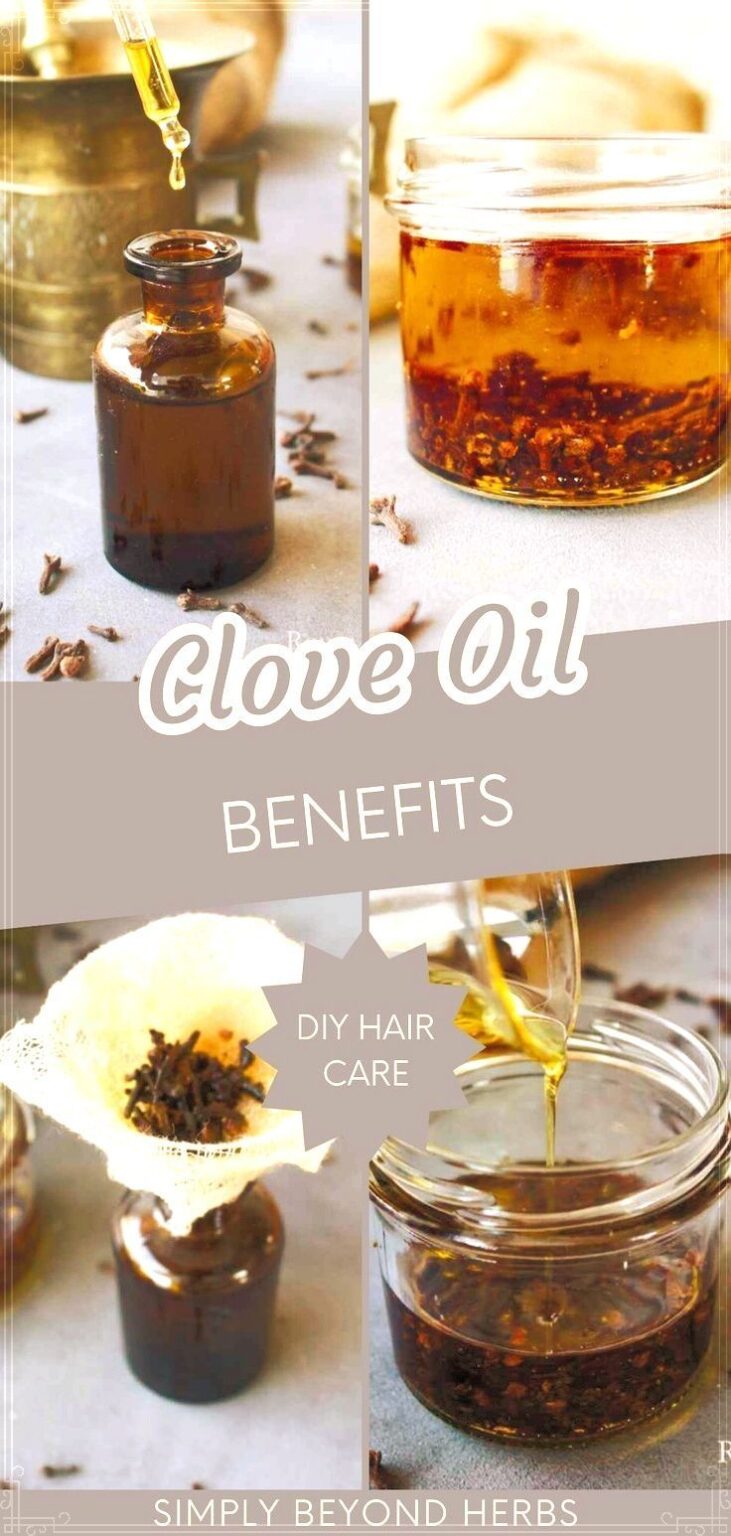Relieves Toothaches
Eugenol in clove helps numb pain and reduce inflammation in gums and teeth. (1)
Soothes Sore Muscles
Massaging clove oil into tired or tense areas may help ease discomfort and promote circulation. (2)
Reduces Skin Irritations
Its anti-inflammatory and antibacterial properties can calm minor cuts, help relieve rashes, or insect bites. (3) I included cloves into the spice soap.

Supports Hair Growth
While more research is needed, clove oil is a natural stimulant of blood flow, and its antioxidant content may support scalp health and hair growth. (4)
Moisturizes Dry Skin
Clove-infused oil (when combined with oils like jojoba or almond) offers deep hydration and helps maintain the skin’s barrier.
Improves Skin Tone
Antioxidant effects of clove may help protect the skin from oxidative stress and promote a more even appearance. (5)
Natural Antiseptic
Clove oil can help disinfect wounds and may prevent infection due to its antimicrobial action. (6)
Insect Repellent
Clove essential oil is shown to repel mosquitoes and other insects effectively. (7)

Ingredients
Clove
You might know clove as a Christmas spice with cinnamon, nutmeg, allspice, and ginger, which creates a memorable Christmas scent in pomanders, hot aperol, or potpourri.
Cloves are flower buds of the Syzygium aromaticum tree (also called Eugenia caryophyllata), which is native to the Maluku Islands in Indonesia.
The buds are pink when they first bloom and are then harvested and dried until they turn brown.
Harvested before they bloom and sun-dried, these aromatic buds are rich in eugenol, a compound known for its strong scent, warm flavor, and medicinal properties.
Fresh vs Dried Clove
For the most potent infusion, use fresh whole cloves, if available, either from a specialty store or a trusted online source. The key compound in cloves, eugenol, begins to degrade over time, so the fresher the cloves, the stronger the effect.
Dried whole cloves still work well, but may have slightly lower eugenol content. Avoid using powdered or ground cloves, as they release less essential oils and can make the oil cloudy or gritty.
Carrier Oil
Choose a pure, organic carrier oil. Good options include jojoba oil and coconut oil, sweet almond, or olive oil. Each has its own benefits. Coconut and olive oil relieve pain, while almond and jojoba are lighter and better suited for skin and hair care.
How to make Clove Oil?
First step: Crush the Cloves
Use a mortar and pestle to crush the whole cloves to release more oils lightly.
Second step: Combine with Oil
Place the crushed cloves in a clean, dry, dark glass jar. Pour the carrier oil over so the cloves are fully submerged.

Third step: Infuse the Oil
Secure the cap or stopper on a sunny windowsill for 7–14 days. Shake the jar gently every day.
Fourth step: Strain the mixture
Once infused, strain the oil from the cloves through a fine mesh, coffee filter, or cheesecloth into a clean, dark, airtight, sterilized glass bottle. Label the bottle and store in a cool, dark, dry place. Use within 6 months.

Note: You can speed up the infusion process with a low heat method: Warm the oil and cloves in a double boiler over very low heat for 2–3 hours. Do not boil.
How to use Clove Oil?
This homemade oil is milder than clove essential oil, and you can use it directly on the skin in small amounts.
- Toothache Relief: Dab a small amount on a cotton ball and apply it to the sore area.
- Muscle Pain: Massage this home remedy into sore or tired muscles to ease discomfort.
- Chest Rub: Use as a warming rub during colds.
- Insect Bites: Apply to itchy spots to reduce irritation.
How to use Clove Oil in skincare?
Clove-infused oil can nourish and support the skin when used carefully:
- Facial Oil: Use an eyedropper to apply a few drops as a facial oil at night (great for dry or mature skin). Avoid the eye area.
- Spot Treatment: Dab lightly on pimples or acne-prone spots (test first to avoid irritation).
- Body Moisturizer: Mix a tablespoon into your body lotion or apply directly after a shower for soft, hydrated skin.
- Lip Care: Use sparingly to soothe dry or cracked lips (test first, as it can feel warming).
